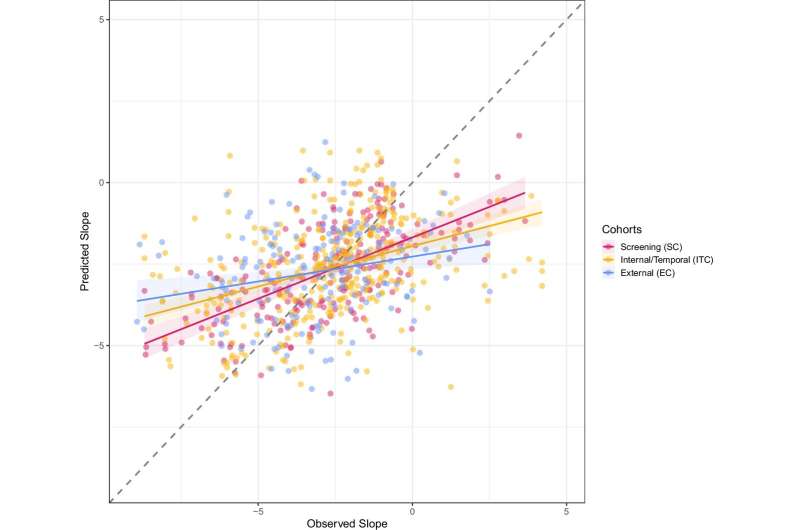A University of Cologne research team has developed a new method to identify biomarkers involved in ADPKD progression. The study, “Developing serum proteomics based prediction models of disease progression in ADPKD,” was published in Nature Communications.
In this study, researchers looked at proteins in the blood to see if they could do a better job of predicting disease progression. The team consists of scientists from Translational Nephrology (CECAD Cluster of Excellence for Aging Research) and the Center for Rare and Genetic Kidney Diseases Cologne (University Hospital Cologne) led by Professor Dr. Roman-Ulrich Müller, in collaboration with the Computational Biology of Aging group at the Center for Molecular Medicine Cologne (CMMC) led by Dr. Philipp Antczak. The work is the result of close collaboration between a clinician scientist, Dr. Sita Arjune, and a data scientist, Hande Aydogan Balaban.

